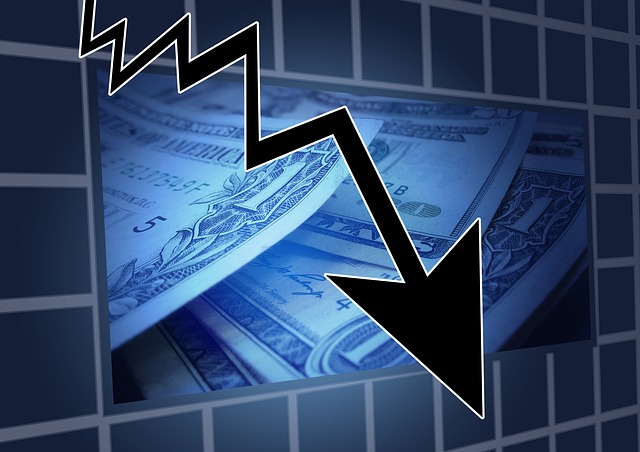La Française: Crash 2020, lessons and perspectives?
La Française: Crash 2020, lessons and perspectives?

By François Rimeu, Senior Strategist, La Française AM
The Covid-19 crisis that we have been experiencing for a year now has had and will continue to have many repercussions. The technological transition underway has been greatly accelerated due to the need to find new ways of making our economies function while the de industrialisation that has been in place for decades in most European countries has brought to the fore our dependence on large production centres in emerging countries.
Beyond these realizations, this crisis has seemingly shattered the Brussels dogma on budget deficits. What the European Central Bank has been raising the alarm about for many years is now a reality with budget support on an almost unprecedented scale. This is true in the vast majority of developed countries, with the United States leading the way. Another dogma that did not survive the crisis is the one concerning the mutualization of debt in the Euro zone. Indeed, the “Next Generation EU recovery fund” will participate in the European recovery by targeting the areas most affected by this crisis, to the chagrin of certain Nordic countries.
Thanks to the extremely strong government action (much stronger than at the exodus from 2008), the macroeconomic situation is now clearly improving, with global growth expected at around 6% in 2021. Also in terms of health, the situation is improving with vaccinations whose pace is accelerating, which should allow a gradual reopening of economies between the 2nd and 3rd quarter. And if consumer savings are considered, there is a good chance that these growth forecasts will improve further in the coming months. This good news has logically had a significant impact on the financial markets, with equity markets growing strongly, commodities also rising sharply and bond markets which have seen their rates rise in the last several weeks.
The big question today is whether or not the increase in inflation expectations will be sustainable. Inflation will increase sharply in 2021, in tandem with very positive base effects (Q2 in the USA, Q4 in the Euro zone), but beyond the temporary effects, what will the price dynamics be in the service sectors when they reopen? Will the relocation of industries be real and will it lead to inflation? It is difficult to answer these questions today and it is difficult to have a clear opinion on the valuation of breakeven inflation points.
In this context, the outlook for equity markets seems favourable to us, with a clear preference for “value” sectors which benefit from the rise in interest rates (including banks). We are more cautious about technology stocks whose valuation levels will be increasingly difficult to justify. We are also cautious about government interest rates and good quality credit because interest rates are still low, particularly in the United States. European bonds should fare better (much less inflationary pressure in the Euro zone, less fiscal stimulus, less growth, etc.). Assets with wide spreads (especially high yield speculative securities) should benefit from the macroeconomic improvement, with a spread tightening effect that will offset the negative effect of the rise in rates. Finally, we are very negative on real American rates: with a growth of 7% in 2021, a fiscal stimulus of 10% of GDP (not counting the one voted on in December) and an emboldened consumer, the Federal Reserve (FED) does not in our opinion need to maintain financial conditions that are so accommodating.
Source: La Française AM
